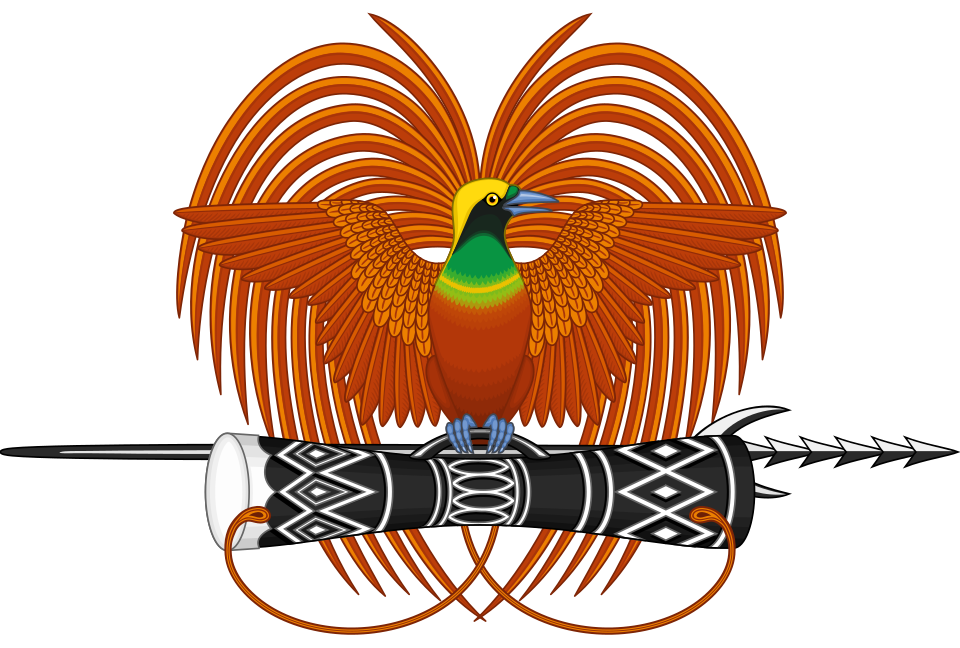Trade-Investment

Economic Overview
Papua New Guinea is richly endowed with natural resources, including mineral and renewable resources, such as forests, marine (including a large portion of the world’s major tuna stocks), and in agriculture.
The major economic sectors in Papua New Guinea are: Agriculture and Livestock, Forestry, Mining and Petroleum, Tourism and Hospitality, Fisheries and Marine resources, Manufacturing, Retailing and Wholesaling, Building and Construction, Transport and Telecommunications, and Finance and Business Trade.
Mineral exports such as gold, copper, oil & gas account for majority of Papua New Guinea’s export earnings. In agriculture, palm oil is now the main agricultural export mainly from estates. In households participating, coffee remains the major export crop (produced largely in the Highlands provinces), followed by cocoa and coconut oil/copra from the coastal areas, each largely produced by smallholders and tea, produced on estates and rubber.
A major factor in PNG’s predicted growth is the development of a new Industry based upon the Liquefied Natural Gas (LNG). The US$ 19 Billion Exon Mobil project delivered its first production in 2014, with Tokyo Electric Power Company of Japan becoming its first customer for the PNG LNG product.
This strong economic growth over the last few years is primarily attributed to strong commodity prices both in mineral and agricultural sectors, with the high demand for mineral products. Recently Liquefied Natural Gas (LNG) largely sustained by the buoyant Asian markets.
However post 2015 period, the drop in world commodity prices slowed the country’s economic growth.
Investment
Key investment sectors in Papua New Guinea include Agriculture, Fisheries, Forestry, Services, Mining & Petroleum, Industrial Park, and Tourism Hospitality.
Papua New Guinea has a national development policy called the PNG Vision 2050 under which are subsidiaries development plans. These are the ten year development plan called the Strategic Development Plan 2030 and followed by a five year interval development plan called the Medium Term Development Plan.
Under the Strategic Development Plan 2030, the Government introduced the concept of Economic Corridors for integrated development and broad based growth. These are specific regions around the country which the government provides a well-planned zoning system, comprehensive and effective network of transport and utilities and quality education and health services to promote investment and business opportunities.
Papua New Guinea Government agency, called the Investment Promotion Authority (IPA) is the first point of contact for potential new investor in Papua New Guinea. IPA can be contacted directly through their address and website provided or through the Papua New Guinea Embassy in Tokyo, Japan.
Trade
PNG’s exports have been traditionally been in raw commodities forms. PNG’s main exports include gold, oil,copper, timber/log,cocoa, oil palm,coffee, copra,rubber, fish tuna, and other marine products.
Recently PNG began exporting LNG, cobalt and Nickel.
Top ten countries PNG exports to include; Australia, Japan, Phillippines, China, Germany, Nertherlands, South Korea, UK , Spain and Singapore.
Whilst the top ten countries PNG imports from include Australia, USA, Singapore,China, Japan, Singapore, Malaysia, Hongkong, Indonesia and South Korea.


 Embassy of PNGThe Embassy of Papua New Guinea Tokyo
Embassy of PNGThe Embassy of Papua New Guinea Tokyo